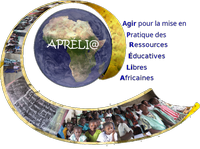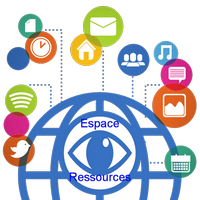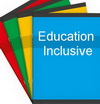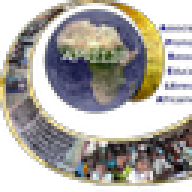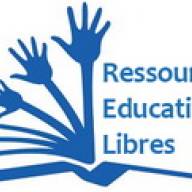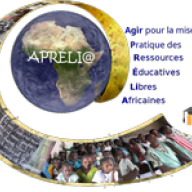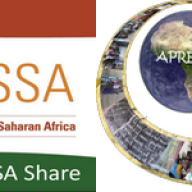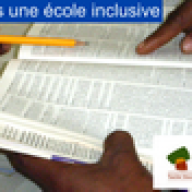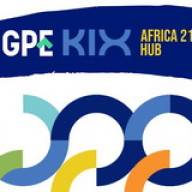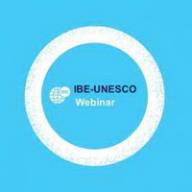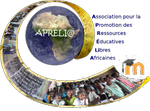The World Bank on Friday signed an agreement with private and public sector partners to collaborate on a joint effort to improve the lives of citizens, including in Africa, through the use of Information and Communication Technologies (ICTs).
Called the e-Transform initiative, the agreement seeks to connect leaders and practitioners in developing countries with expertise in the public sector, the private sector, and academia on how to use ICTs (e.g. telecom networks, computers and mobile phones) to transform government services to citizens. The initial focus of the initiative is ICT for governance, in particular eProcurement. A second phase will include use of ICT in areas such as agriculture and food security, health and climate change.
Signing of the agreement followed a three-hour ministerial meeting on the Transformational Power of ICTs for Africa, which took place as part of the 2010 World Bank-International Monetary Fund Spring Meetings in Washington.
"I am excited that we are here to explore ways in which we can make our countries and economies even more productive and transformative through the use of ICTs," World Bank Group Managing Director Ms. Ngozi Okonjo-Iweala told meeting participants.
Okonjo-Iweala, hosted the event, along with the Bank's Vice President for the Africa Region, Ms. Obiageli Ezekwesili.
Ministers from several African countries, including Burundi, Chad, Ghana, Mozambique, Rwanda, and Zimbabwe joined the discussion. African Union Commission Chairperson Jean Ping opened the event saying, "ICT can be the single most important tool of our generation if given the right environment."
The ministers, and members of the private sector, including representatives from Gemalto, IBM, Intel Corporation, L1, MicrosoftL1 and Pfizer, discussed how best to create that enabling environment and the policies that will move Africa beyond the current cellular phone boom to harness the transformational power of ICT in every sector -- agriculture, infrastructure, health, education and others.
"Beyond the cell phone is where this conversation must take us," Ezekwesili said. "What more can ICTs do for the poor in Africa?"
Between 1998 and 2010, the number of mobile users in Africa grew from two million to more than 400 million, and over 65 percent of Africa’s population now lives within reach of wireless voice networks. This massive growth has been fueled by the private sector and by regulatory reforms at the country level.
"Mobile phones have become the single largest platform that can be used for delivering government and private services to the poor and the under-served in Africa" said Laurent Besancon, ICT Sector Coordinator for the Africa region at the World Bank. "It is now time to encourage local innovation to make use of this platform and help countries scale up and replicate the early successes across the continent."
In Kenya, according to Dr. Bitange Ndemo, Permanent Secretary at the Ministry of Information and Communication, nine million Kenyans, or close to 25 percent of the population, are today using mobile phones to make payments worth US$20 million per day compared with less than five percent of the population having a bank account three years ago. The use of ICTs has led to increased health services in rural areas and to the provision of additional jobs for graduating youth. This is a must in a country where 60 percent of the population is below the age of 30, Ndemo said.
Representatives from countries outside of Africa also gave examples of how government use of ICTs, particularly Internet, is impacting development.
In Korea, where private education is often a burden on middle-income families, the country's M-learning program is allowing government to provide remote education to students across the country, according to Kijoo Lee, Assistant Chairman of the Korean Communications Commission. Koreans also are paying taxes online and, as a result, the country's e-government program has been rated the best globally by the United Nations.
In addition to being smart business—according to Mohsen Khalil, Director of Global Information and Communication Technologies for the World Bank Group, the highest returns on investment exist in ICTs—participants and signatories to Friday’s agreement agreed that the sector also is a vehicle to lift people, women and youth in particular, out of poverty.
"If there is something that is going to give hope and potential for the disenfranchised, it's ICTs," Khalil said. "ICT is not only an enabler, but an empowerment tool."
